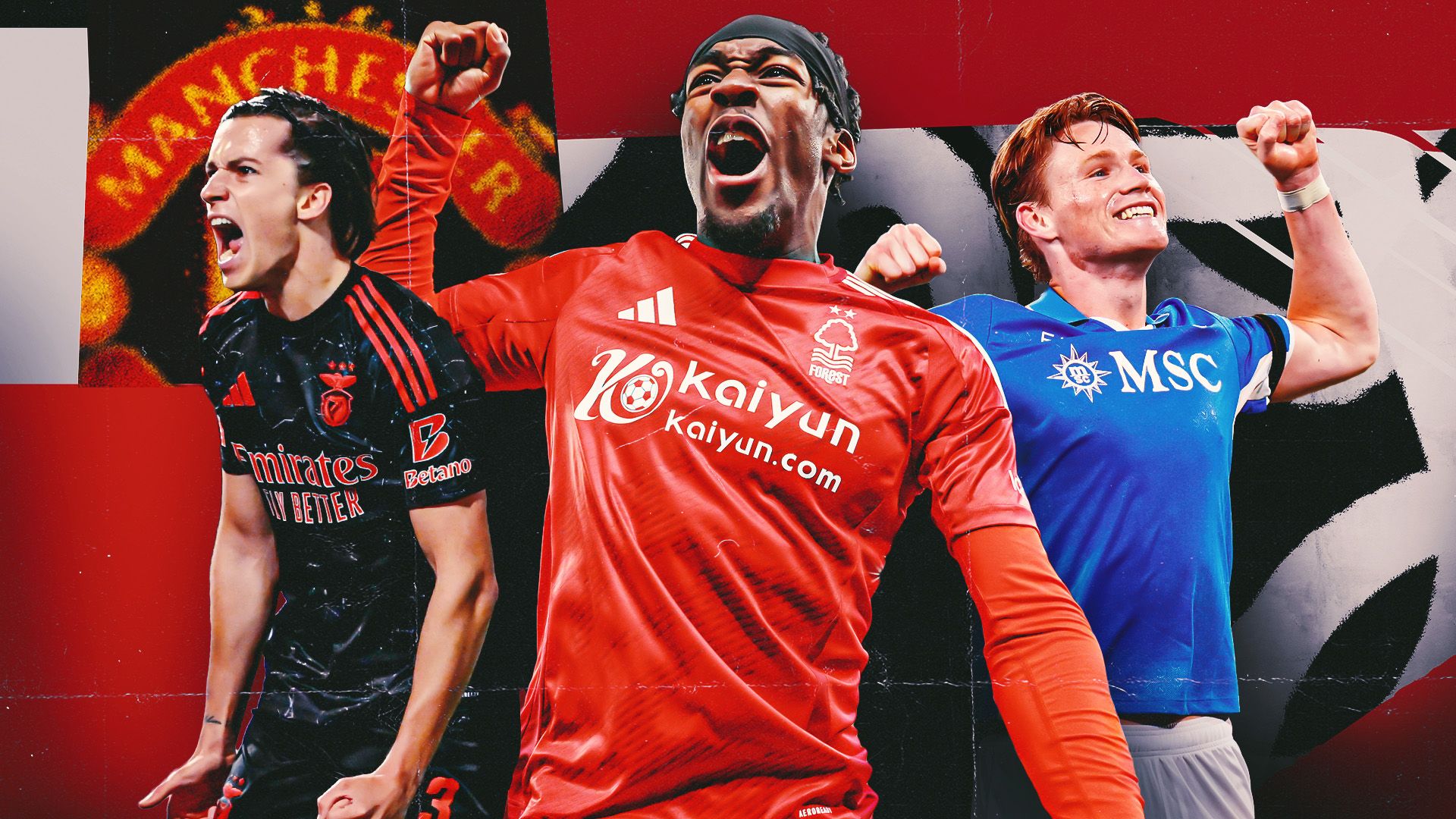Manchester United transfer mistakes keep costing millions
Manchester United transfer mistakes continue to haunt Old Trafford, with the club once again watching former players blossom elsewhere for fees multiple times higher than the sums banked in their sales.
How Manchester United transfer mistakes keep repeating
Sir Jim Ratcliffe’s new football department was supposed to plug the leaks in a bucket that has dripped value for over a decade, yet 2024 has already produced another painful reminder. Newcastle’s £55 million swoop for Anthony Elanga — a player United cashed in on for just £15m two summers ago — is the latest evidence that the Red Devils underestimate their own assets while rivals over-charge them.
The six most glaring cut-price exits
Anthony Elanga — £15m to Nottingham Forest (2022)
Elanga’s pace and pressing made him a useful squad option, but United accepted a modest Forest bid to fund other deals. Two seasons, 12 goals and a Swedish resurgence later, his price has almost quadrupled.
Scott McTominay — £25m to West Ham (2023)
West Ham struck gold. McTominay’s engine and knack for late runs turned him into a 10-goal midfielder, instantly valued north of £45m. United, desperate for FFP room, blinked first.
Memphis Depay — £16m to Lyon (2017)
Labelled a flop in England, Depay exploded in Ligue 1 with 22 goals in his first full season. A smart buy-back clause was ignored, and Barcelona later paid £25m, proving the Dutchman was never short of talent.
Gerard Piqué — £5m to Barcelona (2008)
The cheapest of all Manchester United transfer mistakes might be the most painful. Sir Alex Ferguson sanctioned Piqué’s return to Catalonia; four Champions Leagues and a World Cup followed.
Romelu Lukaku — £65m to Inter (2019)
At the time it felt like good business, but Lukaku’s 34-goal debut campaign in Serie A restored a market value close to £100m and forced Chelsea to break their transfer record two years later.
Michael Keane — £2.5m to Burnley (2015)
Deemed surplus to requirements, Keane became an England international within 18 months and earned Burnley a £25m profit when Everton came calling.
The financial impact of repeated undervaluation
Each sale on the cheap chips away at United’s spending power. Combine the uplift in fees earned by Elanga, McTominay, Depay, Piqué, Lukaku and Keane after leaving and the figure approaches £170m. That sum could have covered the signings of Declan Rice or Jude Bellingham outright. When Financial Fair Play margins are tight, gifting rivals a nine-figure head start is unsustainable.
Why do United keep selling low?
1. Short-term budget gaps: Managers chasing immediate reinforcements urge the board to raise cash quickly, accepting lowball offers.
2. Contract mismanagement: Allowing deals to run too close to expiry weakens negotiating positions.
3. Poor scouting feedback: Successor targets are over-valued, making sales feel like bargains in comparison.
4. Weak performance narratives: Out-of-form players are publicly criticised, reducing market perception and leverage.
Current squad members at risk of the same fate
Tyrell Malacia, Jadon Sancho and Antony all want out. United paid £174m for the trio but may struggle to recoup half. Alejandro Garnacho and Marcus Rashford, both academy heroes, could also follow the Elanga path if morale stays low and bids arrive. Unless the structure improves, the next chapter of Manchester United transfer mistakes writes itself.
Best-practice lessons from rivals
Chelsea insert sell-on clauses and buy-back options almost automatically; Real Madrid tie emerging talent to six-year deals with eye-watering release clauses. Even Brentford, working on a shoestring, rarely undersell — see Ollie Watkins and Said Benrahma. United, by contrast, seldom embed protection mechanisms, preferring clean sales that prove expensive in hindsight.
Can Sir Jim Ratcliffe end the cycle?
INEOS has promised data-driven decision-making. Director of football Jason Wilcox is already grading every first-teamer with transferable metrics. The aim is simple: never again allow a talent to leave for a fraction of peak value. Talk is cheap, but the new hierarchy knows that further Manchester United transfer mistakes will undermine their entire sporting project.
Emerging solutions
• Incentive-laden contracts to keep fringe players focused and valuable.
• Earlier renewal talks to avoid discount scenarios.
• Mandatory sell-on clauses above 20% for academy graduates.
• A dedicated exit-strategy department mirroring Brighton’s model.
Historical context: when United got it right
The club once mastered the market. David Beckham’s £25m switch to Real Madrid in 2003 topped global charts; Cristiano Ronaldo’s then-world-record £80m move in 2009 was perfect timing. Those successes show that Old Trafford can negotiate ruthlessly when organised. Re-learning that art is essential.
Statistical snapshot
• Average resale profit of top-six Premier League clubs since 2014: £23m
• Manchester United resale profit over same period: £7m
• Percentage of academy graduates sold with sell-on clause: 18% (league average 46%)
Opinion: stop the rot before it spreads
Manchester United transfer mistakes used to be frustrating anomalies; now they feel like club policy. Reversing the trend will require bravery — turning down quick-fix bids, standing firm on valuations and trusting data over gut instinct. If Ratcliffe’s era fails to correct course, United will keep funding rivals’ title bids while overspending on their own. The Theatre of Dreams deserves better.
Your global gateway to nonstop football coverage:
News Goal
Share this content:

